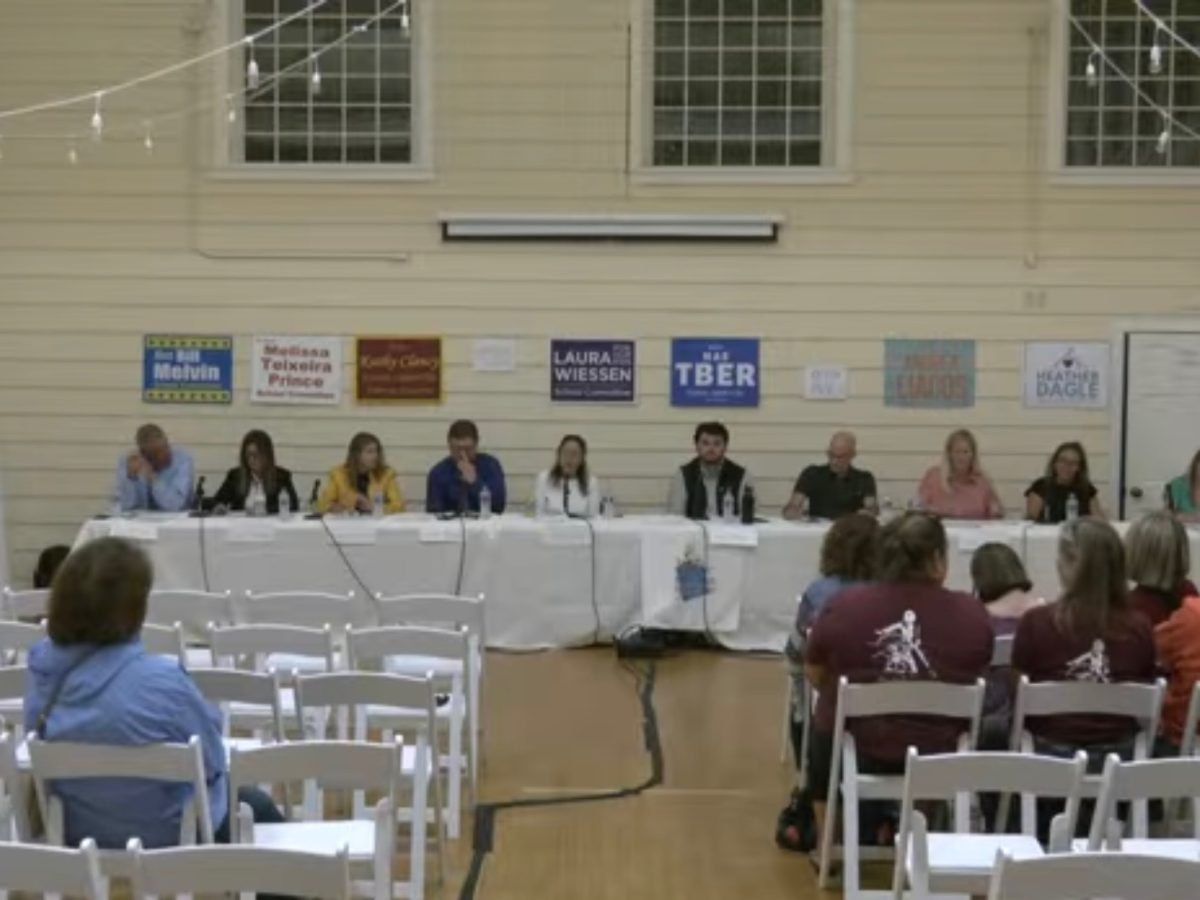On December 28th, 2023, Munchausen syndrome -by-proxy victim Gypsy-Rose Anderson Blanchard was let out of prison on parole.
For those unaware, Gypsy-Rose was convicted and sentenced for the murder of her mother, Clauddine “Dee Dee” Blanchard in 2016. After serving approximately eight years of her ten-year sentence, Gypsy now walks free, taking the internet by storm and becoming a pop culture sensation.
Blanchard’s case made headlines following the discovery that Dee Dee had fabricated Gypsy’s medical records in an apparent case of fictitious disorder imposed on another, (previously called Munchausen syndrome by proxy) to perpetuate the lie that Gypsy was suffering a myriad of severe health complications.
Friends, family, and even medical professionals found themselves fooled– convinced that Gypsy was fighting leukemia while dealing with muscular dystrophy. Gypsy spent most of her life in a wheelchair and was subjected to many unnecessary and dangerous medical procedures.
Blanchard’s sentencing raised a few questions regarding the nature of justice in cases involving long-term manipulation and abuse. While criminal, advocates argue that the circumstances leading up to the crime should be considered during sentencing. Gypsy’s case has sparked discussions about mental health, the legal system’s approach to such cases, and the responsibility of medical professionals to question unusual medical histories.
Gypsy’s advocacy for victims of childhood abuse doesn’t stop there, as she is using her newfound freedom to promote her story on various social media platforms. Blanchard uploads pictures and videos of her new life, participates in interviews, is featured on shows, and has plenty of photo-ops. Gypsy is on Instagram, TikTok, Snapchat, and X.
But what happens when people begin to turn on Gypsy?
It was heavily theorized, even before her release, that Blanchard would rocket into internet fame and stardom– and people wouldn’t think twice before deciding they were tired of her.
Her ‘downfall’ began about two weeks ago, as Gypsy shared too much about her private life with her husband in an attempt to ward off hate.

All it took was a single racy comment for Gypsy’s new fans to change their hearts, and with that, people began to challenge her solidified story.
People try to argue that during the time frame of the murder, Gypsy was legally an adult and able to move out on her own, as if she had not been gaslit for her entire life, to the point that she didn’t know her age; She was in her 20’s believing that she was a teenager.
If Dee Dee Blanchard was not Gypsy’s mother; but rather her abductor– I believe the narrative and response would be quite different. If everything was exactly the same, torture, deceit, and all, many more people would consider Gypsy’s violent escape as a form of self-defense.
Gypsy Rose Blanchard was a victim of mental and physical abuse, trapped within her mother’s constant surveillance and health anxieties.
“I would voice concerns, being like, ‘I really don’t feel like I need this,’ and she would get really, really upset with me and start manipulating me,” Gypsy said to People Magazine. In Gypsy’s early years Dee Dee would manipulate Blanchard’s young mind by bribing her with a Toy’s ‘R’ Us trip.
By the time Gypsy was aging into a teen and young adult Dee Dee began to turn more violent. Gypsy recalls her mother calling her derogatory names, like a b—h, wh–e, and sl-t. The line wasn’t drawn at verbal abuse, however, as Gypsy claims that Dee Dee began hitting, punching, and slapping her in order to get her way and keep Gypsy docile.
“It was very similar to a domestic violence type of relationship,” reported People Magazine. “As long as you’re complacent everything’s fine. Put your foot down, then it’s bad.”
Blanchard was uneducated, trapped, and powerless. The entire world was convinced she was a medical anomaly and legally incompetent, relying on her mother’s support to survive. Gypsy almost found herself convinced too, wrapped up in her mother’s delusions, unable to place exactly what was real and what wasn’t.
Gypsy should be treated like the victim she was, and the survivor she is. After years of self-work, reflection, and therapy Gypsy Rose finds herself reaching clarity and feeling remorse.
“She didn’t deserve that,” Gypsy said about her mother to People Magazine, “She was a sick woman and unfortunately I wasn’t educated enough to see that. She deserved to be where I am, sitting in prison doing time for criminal behavior.”
She is a smart young woman, who deserves to be able to now walk free and re-build the life she was never able to have.











![The GHS/MERHS senior cross country runners pose together on Senior Night. [Photo courtesy of Manchester-Essex Athletics]](https://thegillnetter.com/wp-content/uploads/2025/10/Screenshot-2025-10-10-at-11.18.29-AM.png)


















